Abstract 3/2017
Table of content
Urszula Duda-Wiertel – Parking research with the use of video recording
Andrzej Hanusik – Characteristics of transport congestion in Katowice
Jakub Zawieska – Inhabitants of Warsaw mobility preferences and behavior in the context of socio-economic transformations between 1993-2015
Maciej Kruszyna – Development of tram network in Poland as a background to the Wrocław Tram Program
Aleksandra Zdanowska, Izabella Bojke – Metropolitan Bike System as environmentally friendly transport solution for the Tri-City
Abstracts
Urszula Duda-Wiertel
Parking research with the use of video recording
Abstract: Thearticle shows a method of conducting a parking space and parking process measurement related to crubparking with video camera usage. Its aim is to make parking measurement more efficient in comparison with patrol method which is popular in this type of studies. In this article conclusions emerged from pilot measurement that was conducted on the Szlak street located in the city center of Krakow are presented. Essential disadvantages of this method, the most important observations in the context of organization a parking measurement as well as its analysis related to data base use have been described. This study allows to make a statement that video camera use in the context of parking process measurement gives a positive result, especially in reference to the gained quality of data.
Key words: parking, parking parameters, measurement of parking
Andrzej Hanusik
Characteristics of transport congestion in Katowice
Abstract. Transport congestion is an undeniably negative phenomenon that significantly affects every aspect of life and economic situation of the region. Katowice, the largest city in the area and also the capital of the Silesian Voivodeship is particularly prone to this phenomenon. Moreover, the situation on the streets is getting worse every year. A significant impact on the traffic flow in Katowice has its spatial characteristics – the highway dividing the city into two parts, a dense network of railway lines and roads serving both: domestic and transit traffic. The article presents the essence of transport congestion, analysis of specific factors affecting the traffic jams occurring in Katowice and currently adopted by the city authorities plans of the Park&Ride network. In addition, the suggestion of several proposals which might contribute with reduction of congestion in the city have been presented. The capital of the Upper Silesian urban area has already adopted a number of more or less effective solutions to reduce transport congestion problem. Also, many new projects have been still waiting for realization. There is a determined need of improvements in the existing system and new, wider actions which would reduce the congestion prevails on the roads and improve their capacity. The necessary condition is the integration of various systems, both in the city scale and the Upper Silesia Agglomeration .
Key words: traffic congestion, city logistics, city development planning
Jakub Zawieska
Inhabitants of Warsaw mobility preferences and behavior in the context of socio-economic transformations between 1993-2015
Abstract:Growing congestion in cities is a very difficult problem and one of the main barriers for socio-economic development of urban areas. Change of travel behaviour and preferences of cities’ inhabitants is considered as a very significant challenge of transport policies. These mobility patterns are correlated inter alia with various economic, social and geographic indicators. The main target of this article is the analysis of Warsaw citizens travel behaviour and mobility preferences between 1993-2015, particularly with regard to the socio-economic changes that occurred in Warsaw in the same period. Article gives a comprehensive overview of the Warsaw Traffic Survey, conducted periodically from 1993 to 2015. The article also presents the analysis of changes of given social and economic indicators that also have impact on mobility patterns. The result of the survey shows that in the context of various socio-economic transformations in Warsaw, disadvantageous in terms of implementation of the sustainable transport concept, the current modal split in the capital of Poland should be positively evaluated. Nevertheless, the article also indicates the main problems and further challenges in developing sustainable transport system in Warsaw.
Key words: mobility behavior, mobility preferences, transport policy, sustainable transport
Maciej Kruszyna
Development of tram network in Poland as a background to the Wrocław Tram Program
Abstract: The article discusses two topics: first, the history and current state of tram network in Poland, second, the network growth plans in Wrocław formulated in the form of longterm investment program. The history of development shows the sequential steps of: a pioneering, trams domination and intensive growth, elimination of network expansion and stagnation, and finally the “renaissance” as an echo of European and global trends. Statistical data regarding the length of the network, the period of operation in the individual cities and agglomerations have been given. They are limited to electric traction for cities in the current Polish borders. Twenty eight locations have been included. The description is supplemented by tables and a map of the network. Historical background can more fully grasp the intentions of Wrocław. Under the name Wrocław Tram Program was announced the vision of a large expansion of the tram network at the end of 2016. Within 20-30 years the length of the network can be almost doubled. Foreground tasks included in the Transport Plan adopted for the years 2017-2022 have been identified, as well as investments to be implemented in subsequent years. The network planned for the years: 2022 and 2042 are shown on maps. Dilemmas related to the effective implementation of the program was formulated as a summary of the article.
Key words: urban transport, tram networks, history and development of trams, Wroclaw Tram Program
Aleksandra Zdanowska, Izabella Bojke
Metropolitan Bike System as environmentally friendly transport solution for the Tri-City
Abstract: The article is aimed atthe presentation the Metropolitan Bike System as an innovative and environmentally friendly mean of transport which may become a viable alternative to the road transport. Its functions have been described as well as the impact on other transport subsystems. The current situation of cycling infrastructure in the Tri-City with a special focus on Gdynia and Gdansk has been analysed.
Key words: urban transport, bicycle traffic, public bike
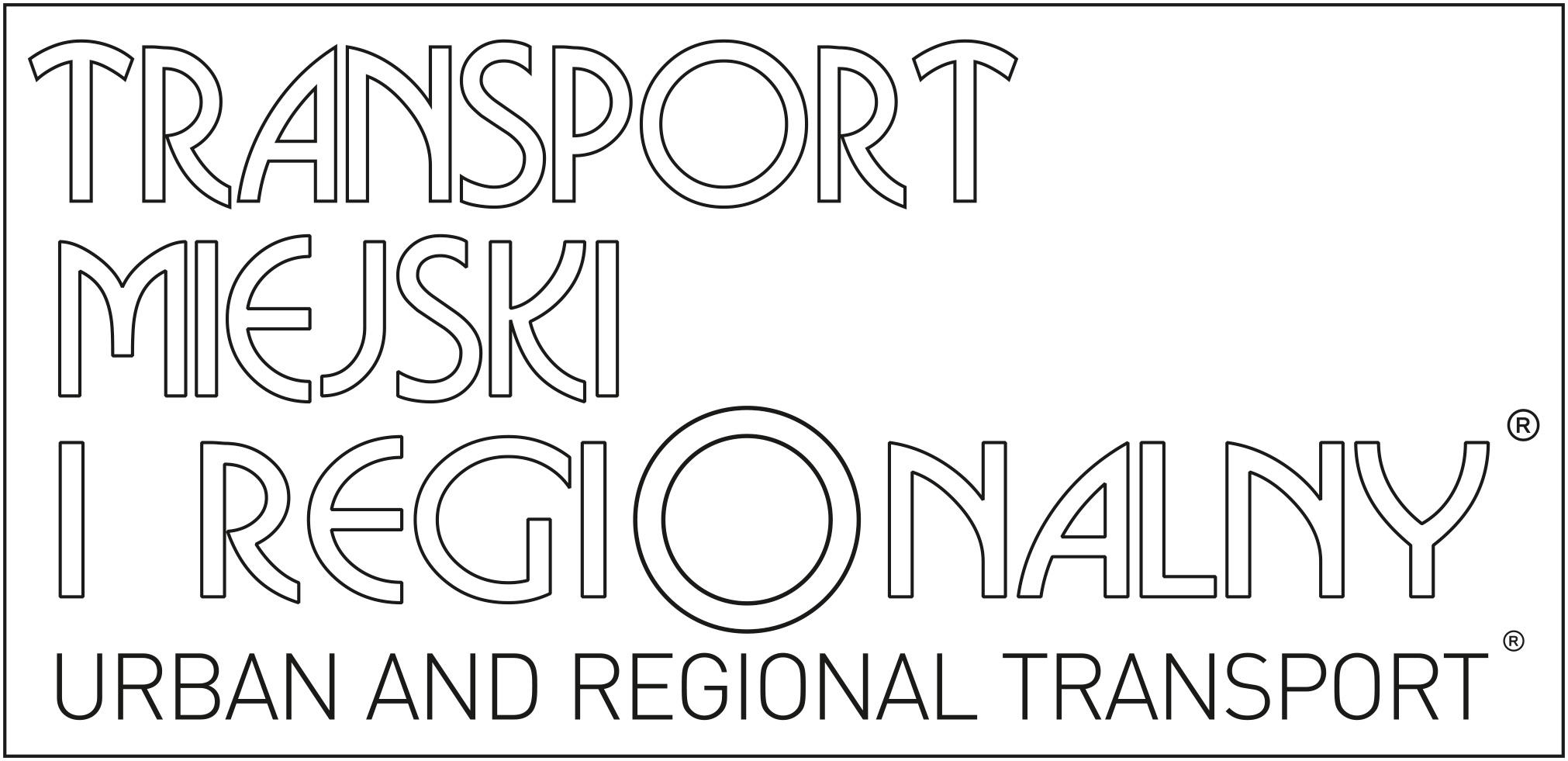
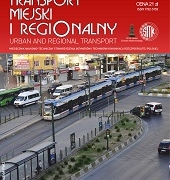
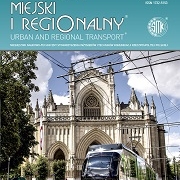 SITKRP
SITKRP 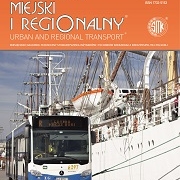 SITK RP
SITK RP 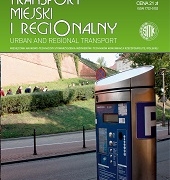
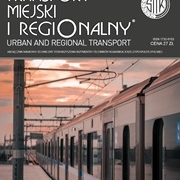 SITK
SITK 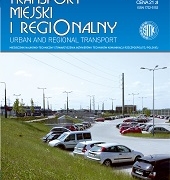 SITK RP
SITK RP 

